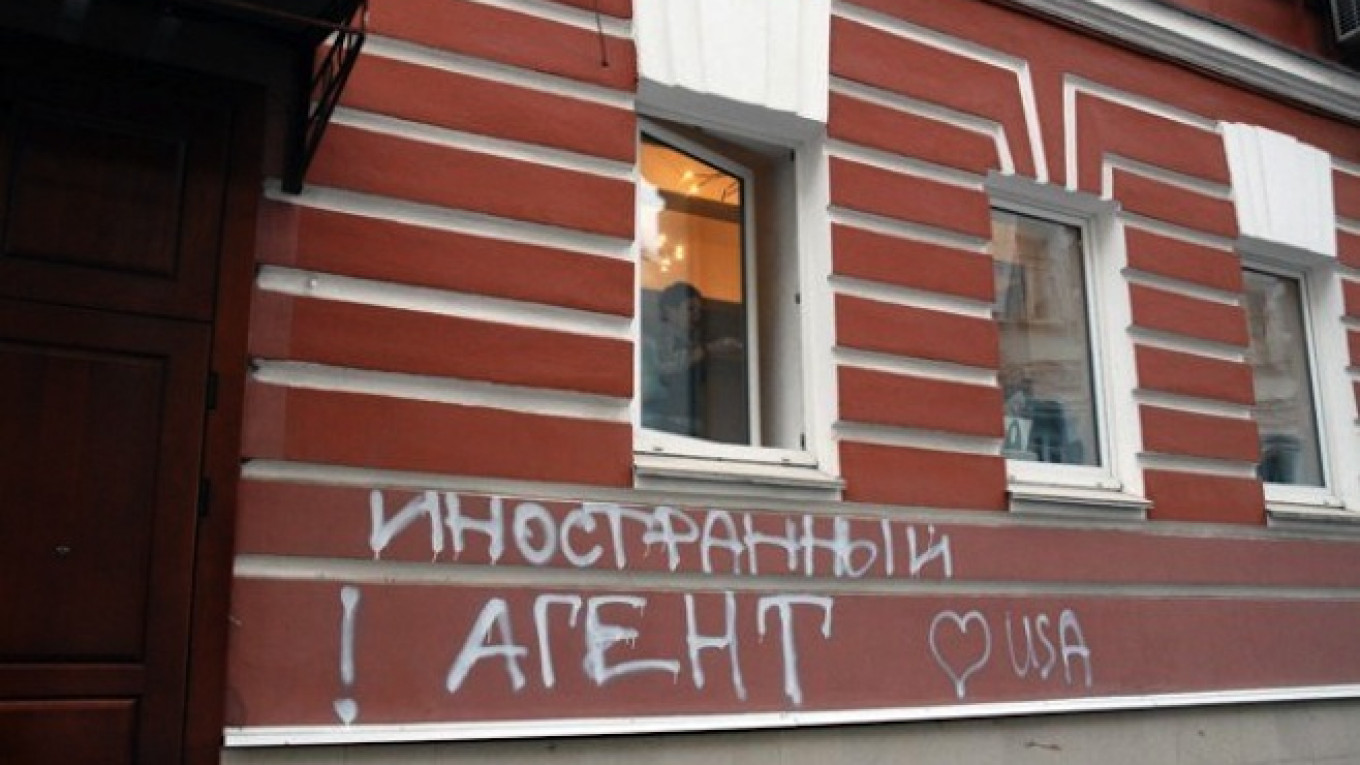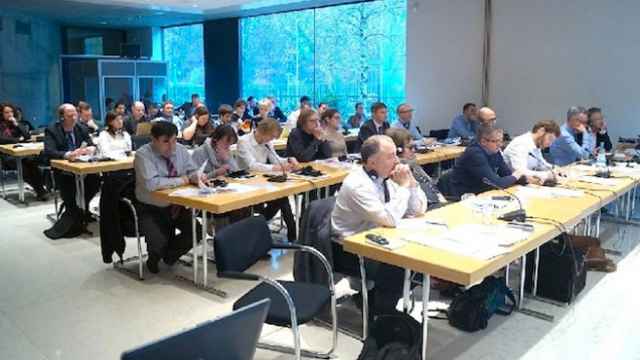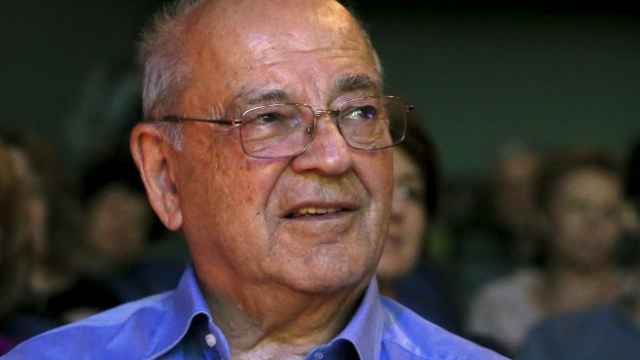Charities funded from abroad will have to register as "foreign agents" if they encroach into politics in Kyrgyzstan, under a Russian-style law that passed its first reading in the parliament of the Central Asian state on Thursday.
The law sets a prison term of up to three years for non-governmental organizations (NGOs) which "incite citizens to refuse to fulfil their civic duties or to commit other unlawful acts."
Kyrgyzstan, a mainly Muslim nation of 5.5 million people, hosts a Russian military airbase and relies on economic assistance from Moscow. It moved deeper into Russia's orbit by joining the Eurasian Economic Union of former Soviet republics last month.
The new law resembles one passed in Russia in 2012 that has come under a barrage of criticism from Western governments and human rights bodies, who see it as an attempt to muzzle dissent.
The office of the U.N. High Commissioner for Human Rights criticized the Kyrgyz bill, saying its vague wording could hamper the activities of numerous civil society organizations delivering services or working on human rights.
"The term 'foreign agent' carries extremely negative connotations and could lead to stigmatization, mistrust and hostility towards activists, human rights defenders and civil society organizations," it said.
The office also said the law could "lead to the criminalization of the work of human rights defenders."
Member of parliament Tursunbai Bakir-uulu, one of the initiators of the "foreign agents law," estimated that locally registered NGOs had received more than $10 million in foreign funding from 2009 to 2012.
"They receive money from abroad and actively influence our politics," he said. "We must ensure the transparency of their work."
Another parliamentarian, Dastan Bekeshev, told Reuters: "We shouldn't copy Russia. We are strategic partners but this doesn't mean we must emulate them, all the more so as they don't ask for this."
Kyrgyzstan remains poor and volatile after uprisings that have toppled two presidents since 2005. Last October, the United States criticized it for plans to adopt a Russian-style law banning "gay propaganda."
That bill has also passed its first reading. To become law, a bill needs two more readings and the signature of the president.
A Message from The Moscow Times:
Dear readers,
We are facing unprecedented challenges. Russia's Prosecutor General's Office has designated The Moscow Times as an "undesirable" organization, criminalizing our work and putting our staff at risk of prosecution. This follows our earlier unjust labeling as a "foreign agent."
These actions are direct attempts to silence independent journalism in Russia. The authorities claim our work "discredits the decisions of the Russian leadership." We see things differently: we strive to provide accurate, unbiased reporting on Russia.
We, the journalists of The Moscow Times, refuse to be silenced. But to continue our work, we need your help.
Your support, no matter how small, makes a world of difference. If you can, please support us monthly starting from just $2. It's quick to set up, and every contribution makes a significant impact.
By supporting The Moscow Times, you're defending open, independent journalism in the face of repression. Thank you for standing with us.
Remind me later.






